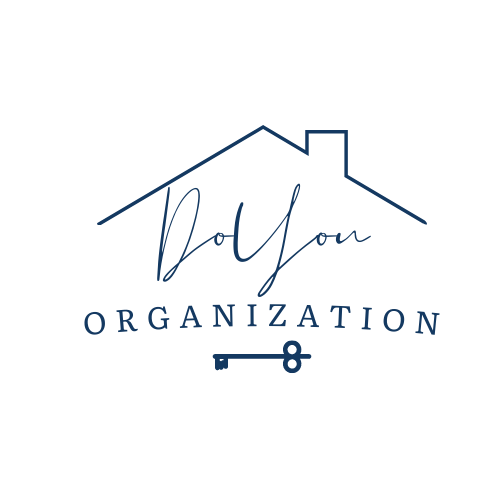Effective Paper Management: Declutter Your Home Office
In a world that's increasingly going digital, paper clutter can still sneak its way into our lives, especially in our home offices. Whether it's important documents, receipts, or random notes, paper can accumulate quickly and create a chaotic workspace. Effective paper management is essential for maintaining an organized and efficient home office. Here’s how to tackle your paper clutter and keep it under control.
1. Start with a Purge
The first step to effective paper management is to eliminate unnecessary clutter.
Sort and Categorize: Gather all the papers in your home office and sort them into categories such as bills, documents, receipts, and miscellaneous.
Shred and Recycle: Shred any sensitive documents you no longer need and recycle the rest. Be ruthless—if it’s not essential, let it go.
Keep What’s Important: Retain only the documents you truly need for reference or legal reasons.
2. Create a Filing System
An organized filing system is key to managing paper clutter.
Choose the Right Storage: Depending on your volume of paper, select file cabinets, file boxes, or binders.
Label Clearly: Use clear, descriptive labels for each file to make retrieval easy. Consider color-coding for different categories.
File Regularly: Set aside time each week to file new papers. This prevents piles from accumulating and keeps your system up to date.
3. Go Digital
Reducing the amount of paper in your home office by going digital is a game-changer.
Scan Documents: Use a scanner or a smartphone app to digitize important documents. Store them in cloud services like Google Drive, Dropbox, or Evernote for easy access.
E-Statements and E-Bills: Opt for electronic statements and bills whenever possible. This reduces paper clutter and can be easier to manage.
Digital Note-Taking: Use digital note-taking apps like OneNote or Notion instead of paper notebooks. These apps offer powerful organization and search capabilities.
4. Organize Active Papers
Not all papers can or should be immediately filed away. For those you need on a daily basis:
Desktop Organizers: Use trays, file holders, or a small filing cabinet on your desk to keep active papers organized.
To-Do List and Calendar: Integrate paper management into your daily planning. Use a to-do list and calendar to keep track of tasks and deadlines associated with your papers.
Action Folders: Create folders for papers that require immediate action, such as "To Do," "To Read," and "To File."
5. Regular Maintenance
Staying on top of paper clutter requires ongoing effort.
Weekly Reviews: Dedicate time each week to review and process new papers. File, scan, or discard as needed.
Monthly Declutter: Go through your files monthly to remove papers that are no longer needed. This keeps your system lean and efficient.
Annual Clean-Up: Once a year, conduct a thorough review of all your documents. Shred outdated documents and archive those you need to keep long-term.
6. Use Tools and Technology
Several tools can aid in effective paper management:
Label Maker: Invest in a label maker for clear and professional labeling.
Scanner: A good quality scanner can quickly digitize your documents.
Cloud Storage: Utilize cloud storage solutions to keep your digital documents organized and accessible from anywhere.
Document Management Software: Consider software designed to manage digital documents, such as Adobe Acrobat or Docusign for PDFs and e-signatures.
Effective paper management is crucial for a clutter-free and productive home office. By purging unnecessary papers, creating a robust filing system, going digital, organizing active papers, maintaining regular reviews, and leveraging tools and technology, you can take control of your paper clutter. Start implementing these strategies today to transform your home office into an organized and efficient workspace. A clutter-free environment not only enhances productivity but also reduces stress, helping you work more effectively and comfortably.






